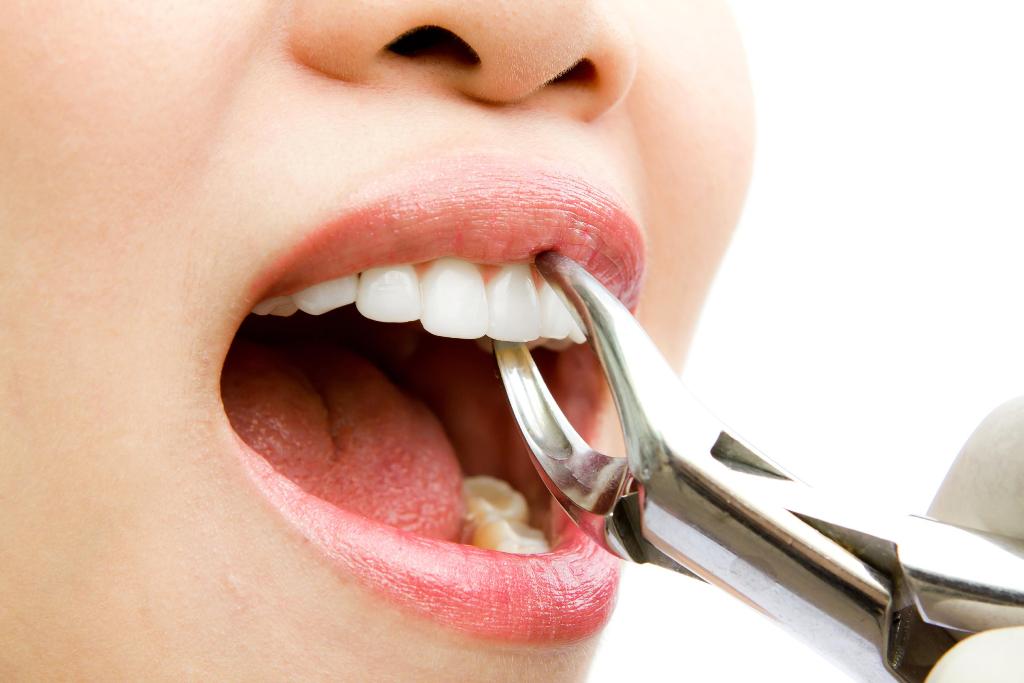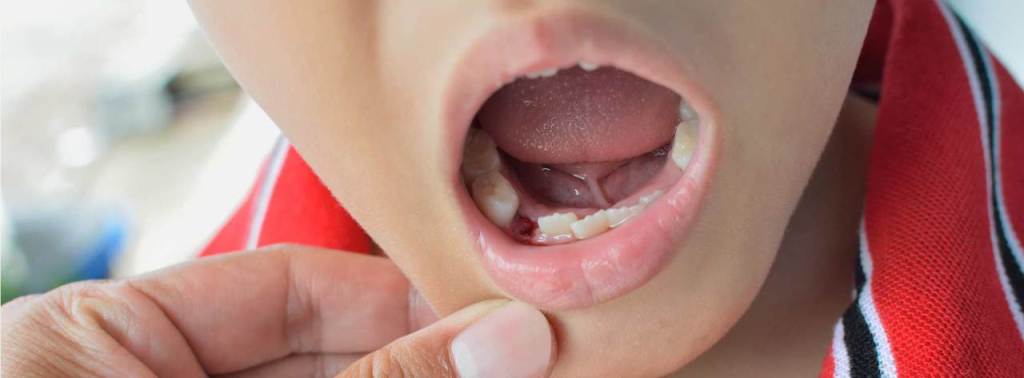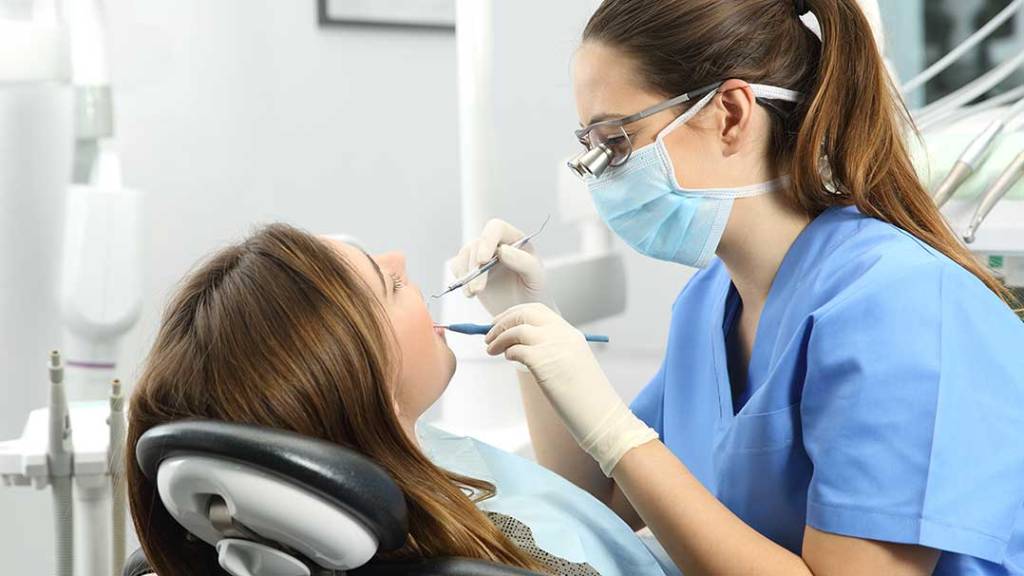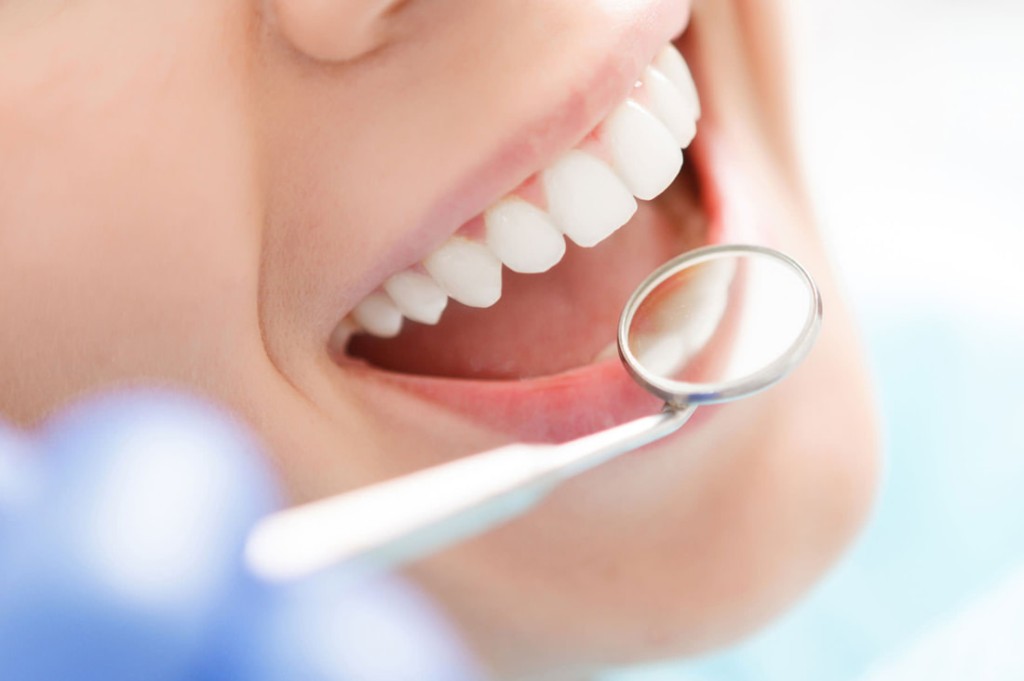Every year, multitudes of people end up getting a tooth extraction for one reason or another. Some may get an extraction because the tooth is injured or infected, and others may get one removed to make room in their mouth. If you are considering getting a tooth extraction, it is important to review this list.
1. Make Sure You Need One
When you are experiencing throbbing pain in your mouth, the only thing you may be thinking about in the moment is getting rid of the toothy culprit. However, it is crucial to make sure that you need an extraction before moving forward. Visiting the dentist and getting an x-ray of the area can help them professionally diagnose whether or not you truly need an extraction. It is possible that the dentist may be able to repair your tooth with a filling, a root canal, or even a crown. Once it is pulled, there is no turning back. The only ways to replace a single tooth is to get a partial or a dental implant to put it back.

2. Check Your Insurance
Before you show up as a dentist office, it is important to review your health insurance plan carefully. Find out if your insurance plan is still valid or needs to be renewed. Determine whether or not your extraction will be covered and your current plan. If not, you will need to make plans to compensate your dental provider in full for the procedure. Some dental offices also give you an option to go on a payment plan so that you can get the extraction done whether or not you have the money.
3. Find a Dentist
Before you can get your tooth extracted, you need to find an available dentist to perform the procedure. If you receive dental care, your provider may or may not be available at the time you need it the most. Fortunately, you can find a family friendly dentist in wagga to perform the extraction. Contacting a qualified dental professional in the area will allow you to get the procedure done safely with the greatest possible comfort.
4. Obtain an Emergency Appointment
Believe it or not, some dentists have waiting lists that are three to four months along. If you are an exceptional amount of pain, you will need to make an emergency appointment to get a tooth extracted. Making an appointment in advance is essential to ensure that you don’t have to wait any longer than you need to in order to get help.
5. Get Antibiotics If Necessary
If your tooth is badly infected, you will likely need to take a round of antibiotics before you get your tooth extracted. Strong antibiotics are used to kill dangerous bacteria that can enter your system once the tooth is released. Most antibiotics given for tooth removal must be taken for 7 to 10 days before your procedure begins.It is important to complete the entire round of antibiotics in order to get the best results.

6. Prepare To Fast
If you are planning to get your tooth removed the following day, it is important that you remember that you should not drink or eat any food or water before your procedure. one of the reasons why this is so important is because the local anesthetic that dentists use often works better on an empty stomach. Many dentists suggest that patients should fast after eating dinner the night before, and all the way up to their appointment the next day. Patient should also avoid drinking alcohol at least a day before the extraction, as it can make it more difficult for your blood to clot.
7. Get Supplies For Aftercare
before you go on your appointment you can gather all of the supplies that you need to take care of yourself afterwards. After your tooth is removed you will be limited to eating only certain types of food for a few days. Stocking up on soup, yogurt, and other types of soft foods can be useful. You may want to buy an ice pack, mouthwash, painkillers, and gauze to take care of the area.
8. Clean Your Teeth Well
Before you visit the dentist, you should make sure that your teeth are well cleaned. Removing loose food debris and flossing your teeth gives the dentist a cleaner canvas to work with. Using plain toothpaste and antiseptic mouthwash is an excellent way to prepare your mouth for the procedure. Not only will you feel more comfortable when you are preparing for it, but your dentist will appreciate it as well.
9. Set Up Transportation
Depending on your age, your health status, and the intensity of the procedure, you may not be able to function well after an extraction. Some types of anesthesia can make you feel out of place and unstable. For this reason, it is paramount to set up safe transportation to and from the dental office.

10. Arrive Early
When you are preparing for an extraction, you need to arrive early for your appointment. Keep in mind that your dentist may have to do additional preparations before the procedure actually starts. If you show up too late to your appointment in a crowded dentist’s office, you will have to wait longer than normal to get assistance. some dentists may even be forced to reschedule your appointment if you arrive an hour or more late.
Your dentist can help you understand your unique oral situation and any other issues that may possibly occur in the future. When you are finally getting ready to go into the office, it is important to remain relaxed as much as possible. The more relaxed you are, the easier it is for the dentist to remove the problem tooth. It is also important to fill any prescriptions that the doctor gives you as well so that you heal properly. Inform your dentist of any other medications that you are taking so that they do not prescribe anything that leads to an adverse reaction. Remember to pay attention to any directions that are given during the procedure and for follow-up care to make the healing process go smoothly.

